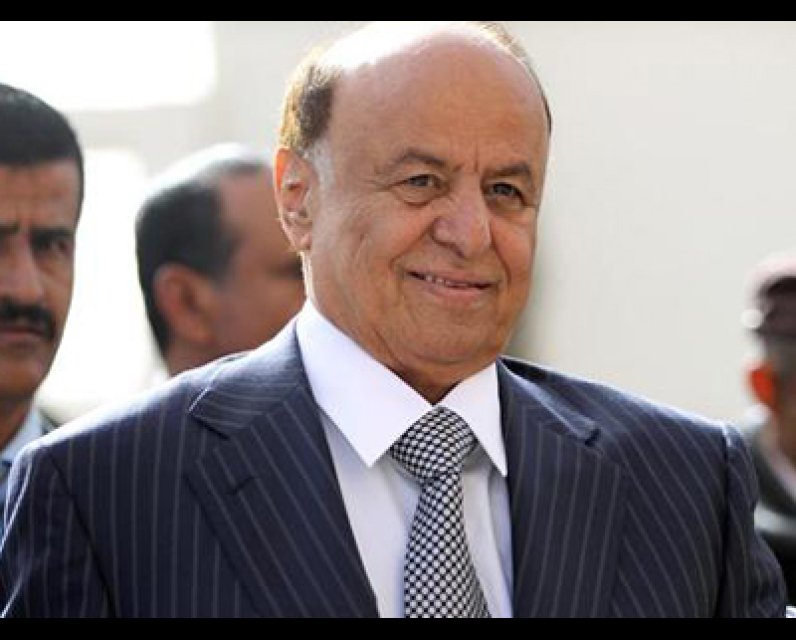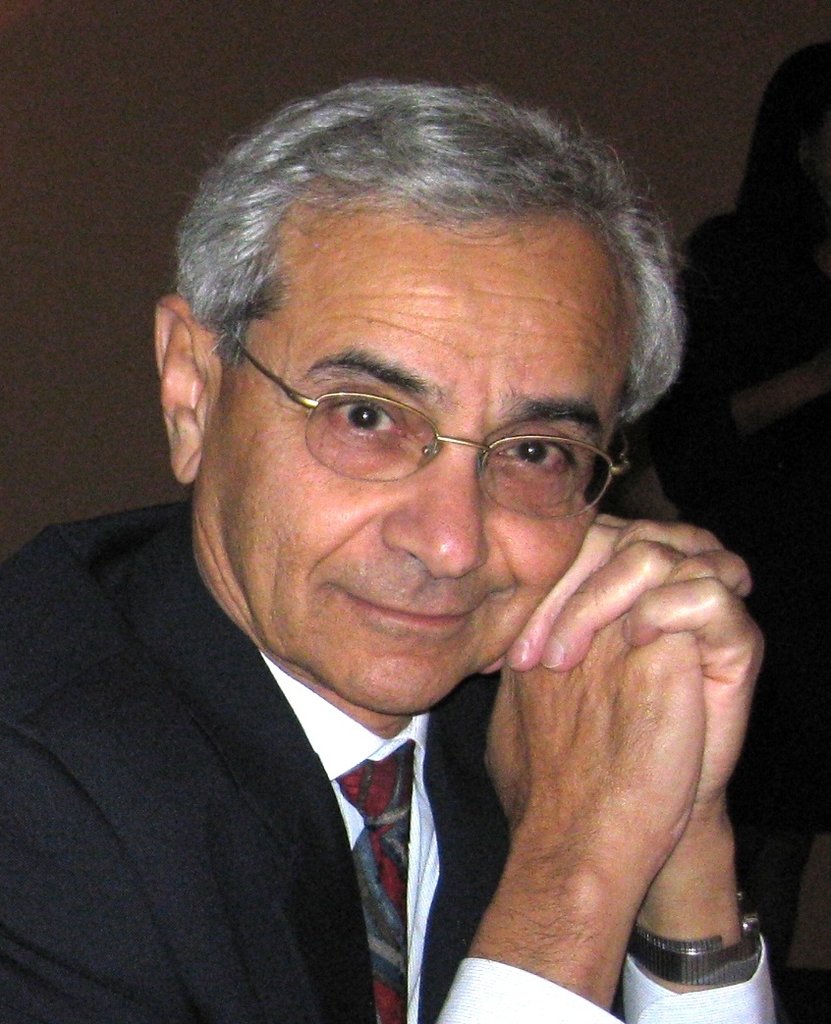According to Scott Shane, writing in the New York Times on September 29, 2012, Hadi gave unqualified endorsement to American drone strikes in Yemen during a visit to Washington, earning him the status of a favoured counterterrorism partner of the US. He even made outrageous statements about the accuracy of drone strikes, which even the US had not, saying things such as “They pinpoint the target and have zero margin of error, if you know what target you’re aiming at”. This, at a time when numerous men, women and children were assassinated on their way to wedding celebrations!
Unpublished Opinions
Dr Qais Ghanem is a retired neurologist, radio show host, poet and author. His novels are Final Flight From Sana’a and Two Boys from Aden College. His 3rd novel, "Forbidden Love in the Land of Sheba", was just released. Previously published books include "My Arab Spring My Canada" (Amazon.com) and the combined English/Arabic poetry book "From Left to Right".
Hadi’s decision in the right spirit

In the past, I have been very critical of the carte blanche given by President Abd Rabbo Mansour Hadi of Yemen to America’s relentless programme of executing innocent Yemenis on their way to weddings. This is because it is a form of illegal collective punishment condemned by Human Rights Watch and by the parliament of Yemen, which voted overwhelmingly to ban drones in the skies of Yemen.
For a man of his education to pontificate about the superiority of the electronic brain over the human brain only suggests he was fed such a statement by some adviser or speech writer. With such a public endorsement of drone warfare in his own country, is it any wonder that the number of drone attacks has tripled, from ten in 2012, the year of Hadi’s visit to Washington, to 33 in 2013?
Today, however, I would like to commend the president for refusing to hand over a Yemeni citizen, Dr Abdul Wahab Mohammad Al Humaiqani, to the US as a Specially Designated Global Terrorist (SDGT), pursuant to Executive Order (EO) 13224. Indeed, the president, in a televised statement, denounced all charges against the doctor. The vast majority of Yemenis, I believe, feel that Hadi and his government are supposed to defend their citizens against harm by other countries or organisations or individuals, rather than be complicit in their incarceration or worse.
I do not know Al Humaiqani and doubt that our paths will ever cross. However, this is a Yemeni citizen who apparently has not committed any crimes in Yemen, but if and when he does, he must, like all other citizens, be subjected to the law of the land. And by land, I am not talking about the so-called “Land of the Free”, which cannot resolve the fate of so many Arab and Muslim detainees held in perpetual limbo in Guantanamo.
It would set a terrible precedent, if the president of a country handed over one of his own citizens to another for detention, trial, torture or execution. This is especially true in this case, when the US is still mired in the National Security Agency scandal that was blown open by Edward Snowden and where, according to political analyst Chris Hedges “... There will be no investigative journalism or judicial oversight to address abuse of power. There will be no organised dissent. There will be no independent thought. Criticisms, however tepid, will be treated as acts of subversion. And the security apparatus will blanket the body politic like black mould until even the banal and ridiculous become concerns of national security”.
Yes, there are terrorists. There are men who are terrorists and there are states which use terrorism, if by that we mean killing or harming innocent civilians. But let each country deal with its own terrorists and let each government account to its public for any so-called “collateral damage”. And yet, a well-known writer, like John Scales Avery, a quantum chemist-turned-peace activist, says: “Terrorism is an invented threat. Our military industrial complex invented it to take the place of the threat of communism after the end of the Cold War. They invented it so that they would be able to continue spending $1,700,000,000,000 each year on armaments.”
No doubt, there will be voices that will disagree, in part or in full, with the two statements above. But the fact remains that the citizens of each country in the world are entitled to be tried by their own peers, or in this case, their compatriots. There are also mechanisms for trials by international bodies, such as the International Court of Justice in The Hague, where former Serbian dictator Slobodan Milosevic and several others had to appear before a non-partisan court, not answerable to any one government.
But let us turn the question around. Would the US hand over one of its citizens to another country, in which that US citizen is accused of committing a crime, as recently happened in Pakistan in the case of Raymond Davis, who had killed two Pakistanis? What the US did was to quickly whisk Davis out of Pakistan!
Last Wednesday, Hadi met with Farea Al Muslimi, a Yemeni activist and writer who has been selected by the Foreign Policy magazine as one of the Top 100 Leading Global Thinkers of 2013, because of his campaign against drones. Let us hope that such admirable leadership is consistently manifested in Yemen in the future. After all, Hadi will be seeking another two-year term in a few weeks.
Dr Qais Ghanem is a retired neurologist, radio show host, poet and author. His novels are Final Flight From Sana’a and Two Boys from Aden College. His latest co-authored non-fiction work is My Arab Spring My Canada (Amazon.com) and his combined English/Arabic poetry book is From Left to Right. Follow him on Twitter at www.twitter.com/@QaisGhanem



Comments
Be the first to comment